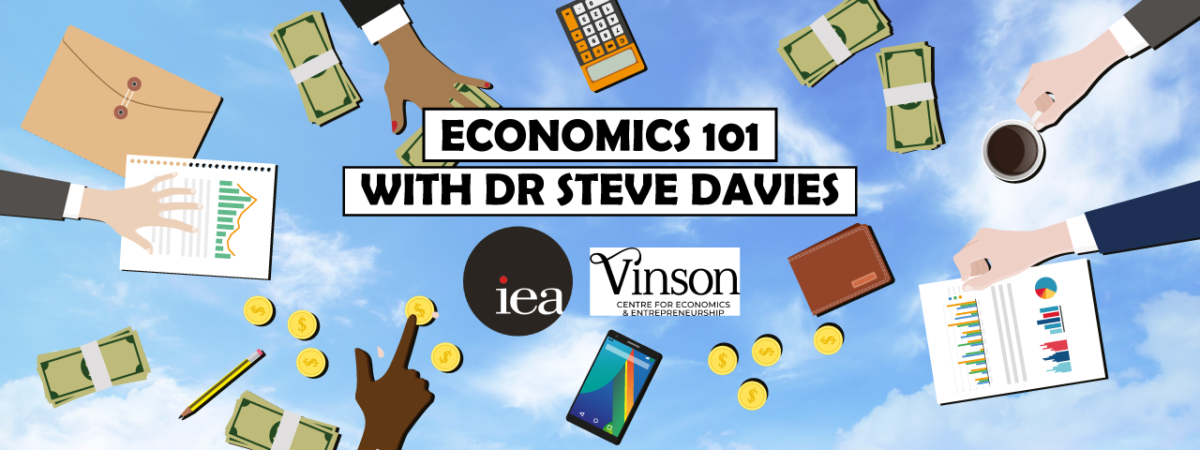IEA responds to Oxfam’s “The Inequality Virus” report
SUGGESTED

Mark Littlewood comments on "The Inequality Virus" report


“Oxfam is right to highlight the impact the pandemic has had on the world’s poorest. However, the charity’s proposed solutions demonstrate a fundamental misunderstanding of both economics and poverty relief.
“Taxing the rich ever more may make for good headlines but it misleads the public into thinking that cuts at the top will automatically lead to more wealth at the bottom. In reality, interventionist policies are far more likely to destroy wealth than successfully redistribute it.
“If Oxfam is serious about lifting the poorest out of poverty, it should focus on ways to foster economic growth in developing countries.
“It could start by launching a campaign for global free trade, promoting private property rights in all jurisdictions, as well as the sound enforcement of legal contracts.
“This would do much more to lift people out of poverty than obsessing over the wealth of a handful of billionaires.”
Professor Len Shackleton, IEA Editorial and Research Fellow, said:
“Once again, Oxfam has published its annual analysis of world wealth inequality, this time with the added dimension of Covid-19 inequality.
“These are serious issues, and deserve serious analysis. Unfortunately, as too often in the past, Oxfam cannot resist crude statements about ‘a rigged economy enabling a super-rich elite to amass wealth’ in the middle of a pandemic. This elite is ‘mostly white males’, the ten richest of whom could pay to vaccinate the whole planet out of the increased wealth they have accumulated over the past year.
“Oxfam should offer a more mature understanding of how wealth is generated through creating goods and services which meet people’s needs, and how the innovative skills of entrepreneurs need to be nourished and harnessed, if we are to see poverty diminishing – something we all want to see.
“A ‘temporary tax’ on the ‘excess profits’ made by 32 global corporations, Oxfam’s key proposal, would be very difficult to design, and almost impossible to implement. It would not fall on top billionaires alone – if at all – but as with all profit taxes the burden would fall on shareholders (including many pension funds), consumers and employees of these corporations.
“And Oxfam offers no explanation as to how the revenue generated (which would be far less than they think) should be disbursed by governments. The experience of the last fifty years of international government aid suggests that much would be wasted – which is one reason why our own government is cutting back on the 0.7 per cent spending target.”
ENDS
Notes to editors
Contact: Annabel Denham, 07540770774, adenham@iea.org.uk
IEA spokespeople are available for further comment.
The mission of the Institute of Economic Affairs is to improve understanding of the fundamental institutions of a free society by analysing and expounding the role of markets in solving economic and social problems. The IEA is a registered educational charity and independent of all political parties.




Thank you for your sound intellectual analysis. It would be much more helpful if Oxfam might give an update of its own financial structure and Executive board after recent issues within its own affairs
Your report spprectat